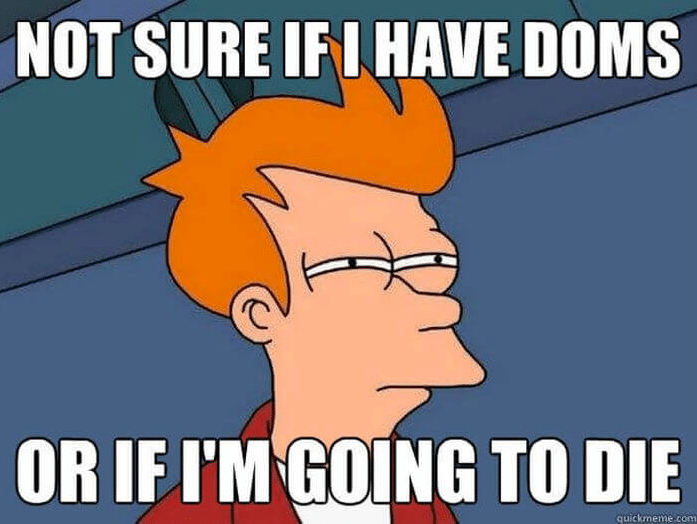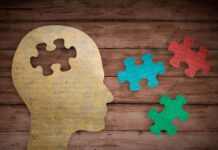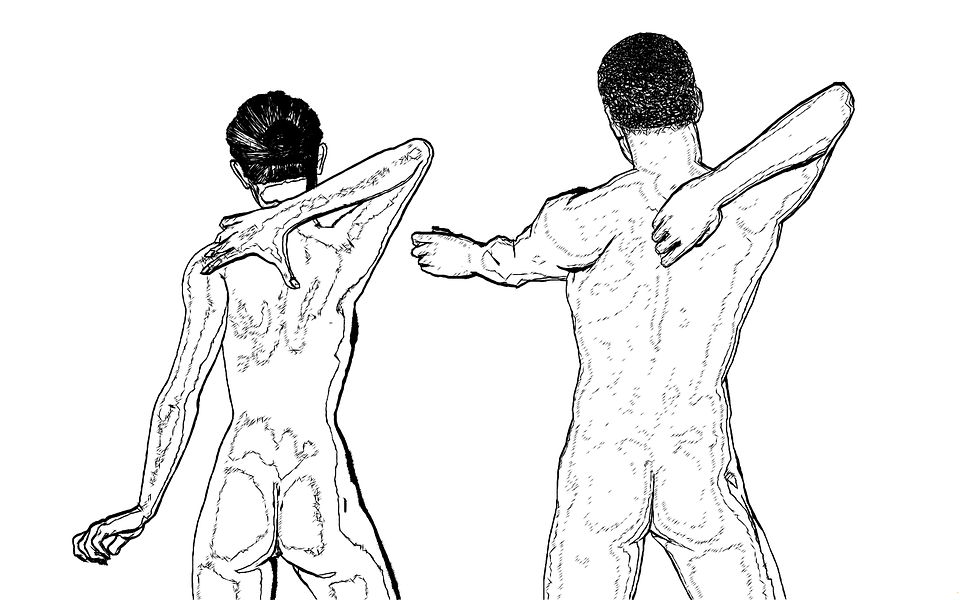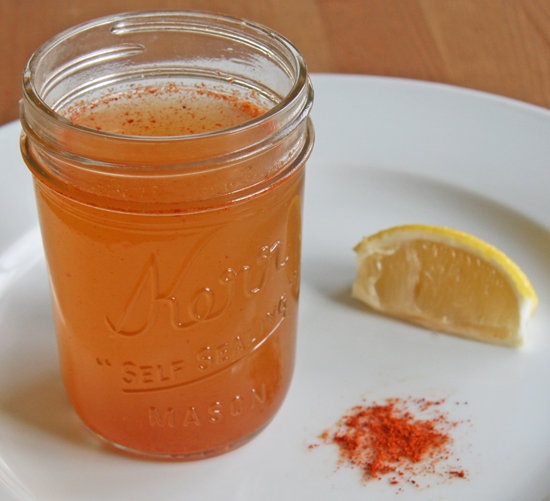For anyone who has ever exercised – you understand that experiencing soreness the day after a work out isn’t uncommon. After all, you’re pushing your muscles beyond what they’ve been used to doing. But sometimes we mistake injuries and strains as sore muscles and push through the pain, which can lead to lasting damage. In this article, we’ll take a closer look at why muscles become sore, what you can do to help prevent soreness, and why working with a fitness professional can help you avoid injuries and strains.
Why do we get sore?
If you’re exercising correctly, muscle soreness should be very minimal, but those that are just beginning or have recently intensified their work outs may experience muscle soreness the day after a work out. This phenomenon is called delayed-onset muscle soreness, or DOMS, and generally occurs twelve to 36 hours after an intense work out. There are two factors that contribute to DOMS; a build up of waste products in the muscles and miniscule tears in the muscles. Not only are the muscles sore, but symptoms can also include feeling stiff, weak and tired. A personal trainer understands DOMS and will know how to safely and effectively get you passed it without injury or strains.

Avoiding soreness
Working out shouldn’t leave you feeling tired and sore, but energized! You can help your body better recover by taking care of your body before and after your work out. Make sure you’re getting plenty of sleep, as exercise will only exacerbate the tired feeling, and take an appropriate amount of rest between work outs, so your muscles have time to recover. A personal trainer suggests always warm up your body for at least ten minutes before any kind of intense work out, because exercising “cold muscles can lead to strains and injuries.
Stretching after a work out is just as important, as it encourages the blood flow to return to the organs and discourages lactic acid from building up in the muscles, which contributes to soreness. Finally, make sure you’re getting enough fuel for your body. Food give your body the energy it needs to work out efficiently, so consider adding a small snack an hour before your workout and eating a healthy meal afterwards, to help your muscles better recover.
Getting the help you need
If you’ve already tried some of these techniques and are still experiencing soreness after your work outs, chances are that you may have strained a muscle. A muscle is considered strained when it has worker harder than its capacity and it actually tears. If you don’t notice significant improvement over a period of a few days, you may need to seek medical advice.
It is, of course, very easy to avoid injury by making sure you’re using exercise equipment safely and not pushing yourself beyond your limits by consulting a personal trainer. Working out with a personal trainer has many benefits for you, including designing a fitness regime that’s right for you, encouraging you along the way, but most importantly, making sure you’re working out safely and efficiently. As your personal trainer and wellness coach I will be able to advise you about your muscle soreness, when you should seek medical advice, and how to avoid injury all together.

Subscribe To Our VIP Newsletter
Join our VIP mailing list to receive additional content that goes even deeper into the latest tips to ensure you and your families health, fitness and wellness.























